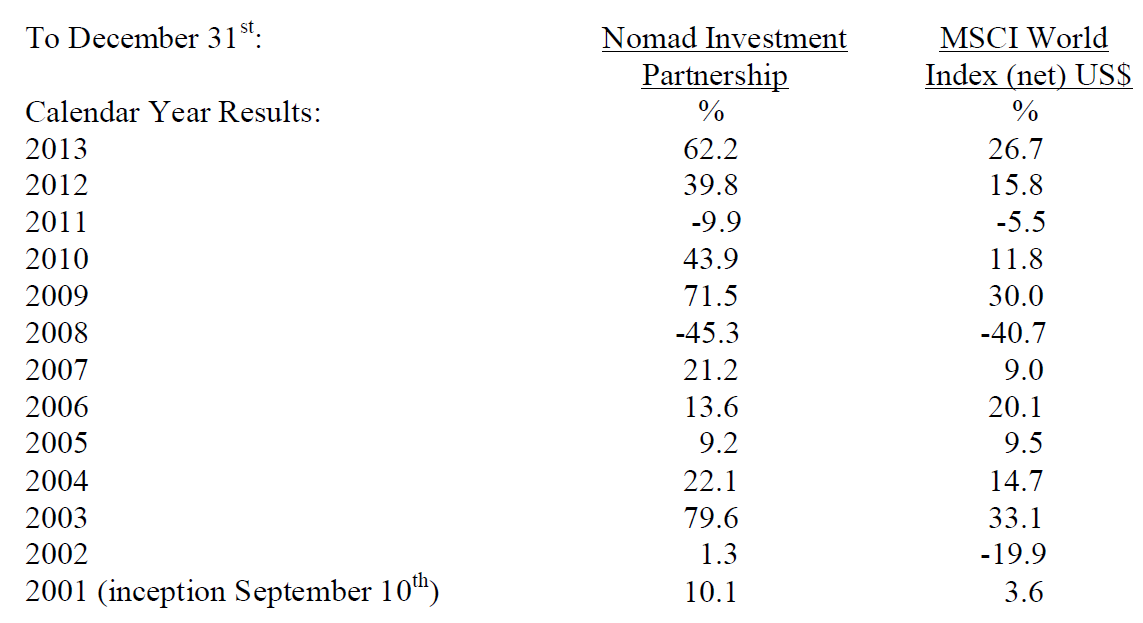
Fantastic read by @mjmauboussin
"Al Rappaport spoke about 3 things that have become central to my work:
1: It’s all about cash — not accounting numbers.
2: Valuation and competitive strategy have to be considered together.
3: The market provides a useful signal for managers.
"Al Rappaport spoke about 3 things that have become central to my work:
1: It’s all about cash — not accounting numbers.
2: Valuation and competitive strategy have to be considered together.
3: The market provides a useful signal for managers.
"Most investors act as if their task is to figure out a stock’s value and then to compare that value to the price. Our approach reverses this mindset. We start with the only thing we know for sure - the price - and then assess what must happen to realize an attractive return."
"Determine what expectations are currently priced in. How well do key value drivers have to perform?
Buy, sell, or hold based on the difference between the stock price and expected value. We develop a specific framework, which we call the “expectations infrastructure."
Buy, sell, or hold based on the difference between the stock price and expected value. We develop a specific framework, which we call the “expectations infrastructure."
"When you look at really good forecasters ... there are three possibilities.
They’re less biased, they have better information, or they’re less susceptible to noise.
Noise is twice as important as bias in separating the best forecasters from the average ones."
They’re less biased, they have better information, or they’re less susceptible to noise.
Noise is twice as important as bias in separating the best forecasters from the average ones."
What distinguishes good from great investors?
"This difference rarely has to do with the tools they’re using but relates to decision-making — especially during challenging and stressful situations. The main way to improve outcomes is to enhance the process of decision-making."
"This difference rarely has to do with the tools they’re using but relates to decision-making — especially during challenging and stressful situations. The main way to improve outcomes is to enhance the process of decision-making."
"Efficiency, or the wisdom of crowds, tends to prevail when three conditions are satisfied.
-Investors have diverse views.
-A properly functioning aggregation mechanism (a market)
-Incentives.
Extremes are often the consequence of the failure of one of these conditions."
-Investors have diverse views.
-A properly functioning aggregation mechanism (a market)
-Incentives.
Extremes are often the consequence of the failure of one of these conditions."
"There are three basic reasons to sell. One, an investor feels the stock has reached fair value. Two, selling because you made a mistake. And three, you find a more compelling investment that you expect may have higher returns."
"Most investors dwell on success and assume there’s a formula that they can learn and apply. That approach is severely limited because it tends to under-sample failures. The question is not, “Did all successes follow strategy X?” but rather, “Did strategy X yield only successes?"
"Getting quality feedback is essential for learning. Measure calibration — the degree to which your subjective probabilities match objective outcomes. There’s a lot of evidence that when forecasters keep track of these assessments, they get more accurate over time."
"It’s really important to keep track of the decisions you decided not to make. Evaluating what you didn’t do can also enhance skill and discipline. But all of this takes time, and most people feel they are too busy to do it. But I think these kinds of ideas are really important."
"What’s good about multiples, which I use myself, is they save you time. What’s bad is they incorporate a lot of economic assumptions that need to be unpacked for investors to accurately understand what they actually mean."
Watch closely:
"the spread between ROIC and the cost of capital, the trajectory of sales growth, and the strategic positioning of the business.
Investors should focus on a firm’s economic returns. A simple proxy is ROIC. Growth amplifies economic returns."
"the spread between ROIC and the cost of capital, the trajectory of sales growth, and the strategic positioning of the business.
Investors should focus on a firm’s economic returns. A simple proxy is ROIC. Growth amplifies economic returns."
Learn about:
"Economics, finance, psychology, competitive strategy analysis, and science."
"A multidisciplinary approach expands your toolbox to help you understand and solve problems."
"Economics, finance, psychology, competitive strategy analysis, and science."
"A multidisciplinary approach expands your toolbox to help you understand and solve problems."
"There are two ways to describe the world: statistically and through storytelling. People are moved much more by narratives. So I like to use stories to help explain statistical points."
• • •
Missing some Tweet in this thread? You can try to
force a refresh








